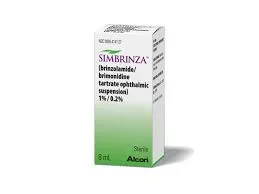- Your cart is empty
- Continue Shopping
Stelazine (Trifluoperazine) Dosage and Side Effects
STELAZINE (trifluoperazine) is used to treat anxiety or psychotic disorders such as schizophrenia. STELAZINE is an anti-psychotic medicine in a group of drugs called phenothiazines (FEEN-oh-THYE-a-zeens). It works by changing the actions of chemicals in your brain.
Proper Use of this medication
Follow all directions on your prescription label. Your doctor may occasionally change your dose to make sure you get the best results. Do not take this medicine in larger or smaller amounts or for longer than recommended.
Call your doctor if your symptoms do not improve, or if they get worse while using STELAZINE.
Do not stop using STELAZINE suddenly, or you could have unpleasant withdrawal symptoms. Ask your doctor how to safely stop using STELAZINE.
Store at room temperature away from moisture, heat, and light.
Seek emergency medical attention or call the Poison Help line.
Overdose symptoms may include dry mouth, constipation, extreme drowsiness or feeling restless and agitated, changes in heart rate, fainting, and seizure (convulsions).
Take the missed dose as soon as you remember. Skip the missed dose if it is almost time for your next scheduled dose. Do not take extra medicine to make up the missed dose.
Side Effects
Get emergency medical help if you have any of these signs of an allergic reaction: hives; difficulty breathing; swelling of your face, lips, tongue, or throat.
Call your doctor at once if you have:
- uncontrolled muscle movements in your face (chewing, lip smacking, frowning, tongue movement, blinking or eye movement);
- stiffness in your neck, tightness in your throat, trouble breathing or swallowing;
- feeling restless, jittery, or agitated;
- sudden weakness or ill feeling, fever, chills, sore throat, swollen gums, painful mouth sores, pain when swallowing, skin sores, cold or flu symptoms, cough;
- pale skin, easy bruising or bleeding;
- decreased night vision, tunnel vision, watery eyes, increased sensitivity to light;
- seizure (black-out or convulsions);
- liver problems–nausea, upper stomach pain, itching, tired feeling, loss of appetite, dark urine, clay-colored stools, jaundice (yellowing of the skin or eyes); or
- severe nervous system reaction–very stiff (rigid) muscles, high fever, sweating, confusion, fast or uneven heartbeats, tremors, feeling like you might pass out.
Common side effects may include:
- dizziness, drowsiness, tired feeling;
- blurred vision;
- dry mouth, loss of appetite;
- sleep problems (insomnia);
- muscle weakness;
- itching or rash;
- missed menstrual periods; or
- breast swelling or discharge.
Warnings and Precautions
STELAZINE is not approved for use in psychotic conditions related to dementia. STELAZINE may increase the risk of death in older adults with dementia-related conditions.
You should not use STELAZINE if you have bone marrow suppression, liver disease, a blood cell disorder, or if you have drowsiness, slow breathing, weak pulse, or decreased alertness (such as after drinking alcohol or taking medicines that make you sleepy).
You should not use STELAZINE if you are allergic to it, or if you have:
- bone marrow suppression;
- liver disease;
- a blood cell disorder such as anemia, low white blood cell counts, or low platelets; or
- drowsiness, slow breathing, weak pulse, or decreased alertness (such as after drinking alcohol or taking medicines that make you sleepy).
STELAZINE is not approved for use in psychotic conditions related to dementia. STELAZINE may increase the risk of death in older adults with dementia-related conditions.
Long-term use of STELAZINE can cause a serious movement disorder that may not be reversible. Symptoms of this disorder include uncontrollable muscle movements of your lips, tongue, eyes, face, arms, or legs. The longer you take STELAZINE, the more likely you are to develop this movement disorder. The risk of this side effect is higher in women and older adults.
To make sure STELAZINE is safe for you, tell your doctor if you have:
- a brain tumor;
- heart disease, high blood pressure;
- kidney disease;
- blockage in your digestive tract (stomach or intestines);
- past or present breast cancer;
- glaucoma;
- seizures or epilepsy;
- pheochromocytoma (tumor of the adrenal gland);
- an enlarged prostate or urination problems; or
- if you also take lithium or a blood thinner (warfarin, Coumadin, Jantoven).
Tell your doctor if you will be exposed to extreme heat or cold, or to insecticide poisons while you are taking STELAZINE.
Taking antipsychotic medication during the last 3 months of pregnancy may cause problems in the newborn, such as withdrawal symptoms, breathing problems, feeding problems, fussiness, tremors, and limp or stiff muscles. However, you may have withdrawal symptoms or other problems if you stop taking your medicine during pregnancy. If you become pregnant while taking STELAZINE, do not stop taking it without your doctor’s advice.
STELAZINE can pass into breast milk and may harm a nursing baby. You should not breast-feed while using this medicine.
Talk with your doctor before giving this medicine to a child who has been ill with a fever or flu symptoms.
Interactions with this medication
This medication may impair your thinking or reactions. Be careful if you drive or do anything that requires you to be alert. Avoid getting up too fast from a sitting or lying position, or you may feel dizzy. Get up slowly and steady yourself to prevent a fall.
Drinking alcohol can increase certain side effects of STELAZINE.
Avoid exposure to sunlight or tanning beds. STELAZINE can make you sunburn more easily. Wear protective clothing and use sunscreen (SPF 30 or higher) when you are outdoors.
Taking this medicine with other drugs that make you sleepy can worsen this effect. Ask your doctor before taking STELAZINE with a sleeping pill, narcotic pain medicine, muscle relaxer, or medicine for anxiety, depression, or seizures.






